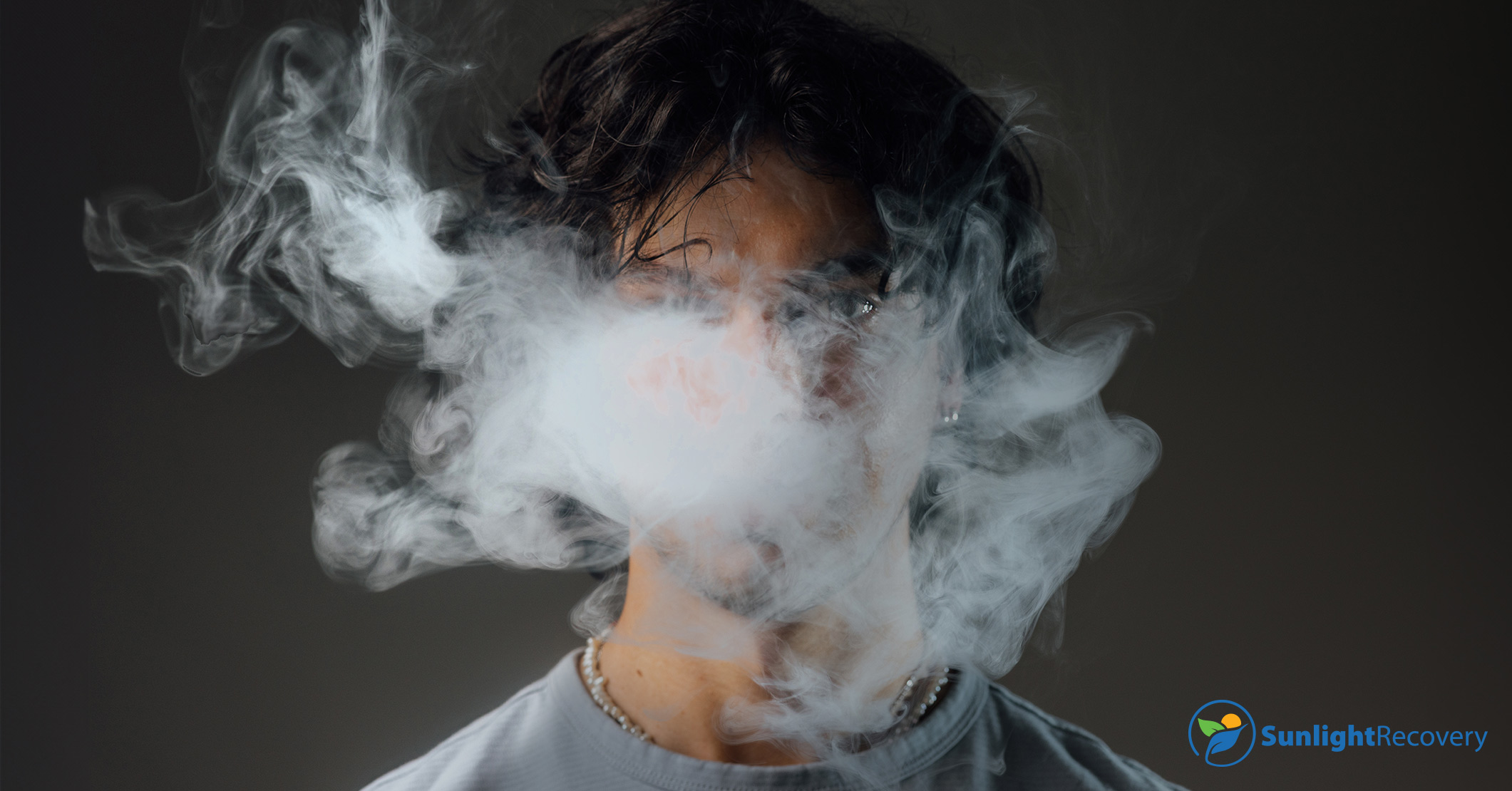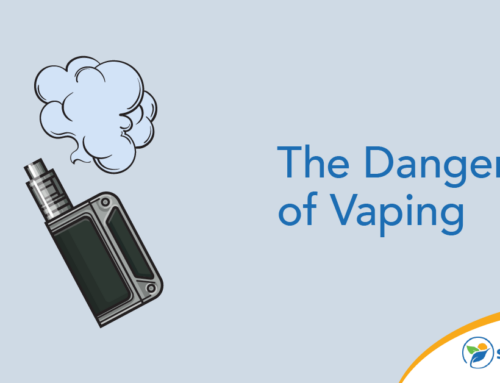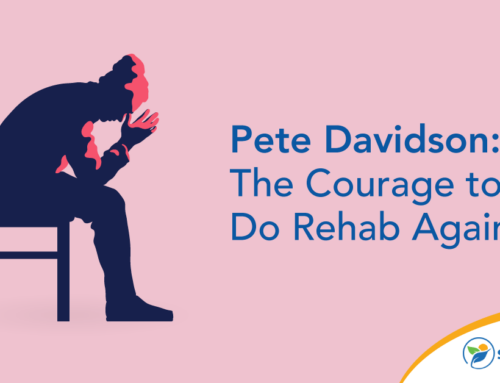It’s a pretty well-established fact that smoking tobacco causes cancer, along with a host of other serious health problems, but what about marijuana? Does weed cause cancer the way tobacco does? Can weed cause lung cancer? Given that 48 million Americans use marijuana, both recreationally and medicinally, it’s worth knowing whether one of the most commonly used controlled substances in the world is linked to higher rates of lung, throat and other cancers.
The Components of Cannabis
There are a lot of chemicals in marijuana, which makes sense because it grows as a living plant and has a complex organic chemistry. Inhaling any complex organic material deep into your lungs has the potential to cause harm. Four compounds are of special interest to researchers: d-9-THC, CBD, d-8-THC and cannabinol. Of the 60 or so cannabinoids found in marijuana smoke, these four have been the most extensively researched.
The Relationship Between Cannabis and Cancer: Does Weed Cause Cancer?
The relationship between cannabis use and cancer rates is spotty and inconsistent. While some studies suggest a link exists between certain types of cancer and various modes of cannabis consumption, many others are either inconclusive or actually find weak negative correlations. Many studies have focused on the potential cancer risk from just the cannabinoid chemicals on their own, studied in isolation, which have so far not yielded a strong link between any particular cancer and low to moderate cannabis consumption.
Weed is more than just the cannabinoids, however. When you smoke marijuana, you’re burning vegetable matter that contains thousands of chemical agents, hundreds of which are known to cause cell death and malignant growths. How much of a risk any single one of them presents and how it works in the presence of the other carcinogenic compounds is a very complicated topic that doesn’t have a clear answer. This is partly because of the complex ways inhaled organic compounds can interact, and it’s partly due to the extremely wide variation between types of cannabis, specific blends of marijuana and the manner in which it’s consumed.
Smoking is the classic method for using cannabis, and it seems likely to carry the greatest cancer risk for the lungs and respiratory tract, but it’s not the only way people use the drug. Methods that don’t involve incineration may be less likely to cause cancer, if only because they result in less inhaled smoke and carcinogenic tar forming in the lungs. No firm evidence exists to suggest there’s a totally safe way to imbibe cannabis products, but you do have non-smoke options that at least skip the burning chemicals. These include:
- Edibles, such as pot brownies
- THC-based vape and nebulizer systems
- Topical ointments and dermal patches made from cannabis infusions
- THC gummies, along with similar products
None of these should be considered entirely safe because the usual research that goes into developing medicine and dietary supplements is generally lacking for cannabis products. This may be because many products containing THC are illegal on a federal level and in many states. It’s a good idea to ask your doctor about known risks, including interactions with other medications, before trying any cannabis recreationally.
Scientific Research and Findings
What weed’s chemicals do in the body is partly known, but there’s still a lot nobody knows yet. Does weed cause lung cancer? The general trend of the research has been that smoking weed is something lots of people with cancer do, but proving that marijuana was the main factor is difficult to impossible. Here’s a snapshot of the research so far:
- A 2006 study of over 1,200 people found more cancer (other than pharyngeal cancer) among weed smokers, but it couldn’t isolate weed from other cancer-causing behaviors like smoking tobacco.
- A 2013 study found no link between light to moderate use of marijuana and increased cancer, but the authors were careful to point out that weed smoke contains several known carcinogens, so heavy use might cause cancer after all.
- Yet another study from 2012 suggested that cannabinol might actually inhibit cancer in some people, but one paper doesn’t necessarily prove a point about every user’s experience.
Most of these papers open with a statement about the extreme likelihood that cannabis exposure causes cancer, but they express frustration in being unable to definitively link it to specific cancers. One of the more common working theories about this seeming paradox is that marijuana smoke might actually be too toxic to reliably induce cancer.
The thinking here is that cancer is the result of malfunctioning cells growing out of control after being damaged by a carcinogen. Mildly toxic agents, such as tobacco tar, may coat vulnerable cells over and over with cancer-causing agents, inducing harmful mutations and triggering the growth of cancer. Because of the different way people smoke weed (no filter, fewer daily exposures than tobacco, etc.), the tar marijuana smoke lays down might actually kill the cells it coats instead of letting them gradually develop precancerous damage. If true, this could explain why smoking weed is negatively related to pharyngeal cancer: The weed smoke might be destroying cells that would otherwise grow into tumors.
Reducing Potential Risks and Harm Reduction Strategies
None of this should be taken as an endorsement for smoking weed to ward off cancer, of course. As these papers almost always note, there are many cancer-causing agents present in cannabis, and inhaling any kind of smoke is generally unwise. Limiting harm from smoking weed generally centers around limiting the amount of weed you smoke. In this vein, consider:
- Smoking weed less often, for fewer days a month and fewer times a day if you’re a heavy user
- Smoking less weed per session, such as cutting your typical bowl from 4 ounces to 2, or from 2 to 1
- Switching to a tar-free method of imbibing THC, such as using a nebulizer, topical applications or edibles
- Being mindful of other dangerous habits that go along with marijuana use, such as smoking tobacco, drinking alcohol or consuming other drugs
Protect Yourself From Weed-Related Cancer
So, can weed give you cancer? Regardless of whether it does or not, there are other serious health problems associated with regular use of marijuana. Addiction is one of the most difficult to overcome. If you’re concerned about your use of weed, the compassionate professionals at Sunlight Recovery are here to help you out. Call for a consultation today.







